We spoke to the new generation of British playwrights who will dominate 2017
Writing plays for a living is not the easiest of professions, but whether you have a hit or wait patiently, it’s all about not giving up
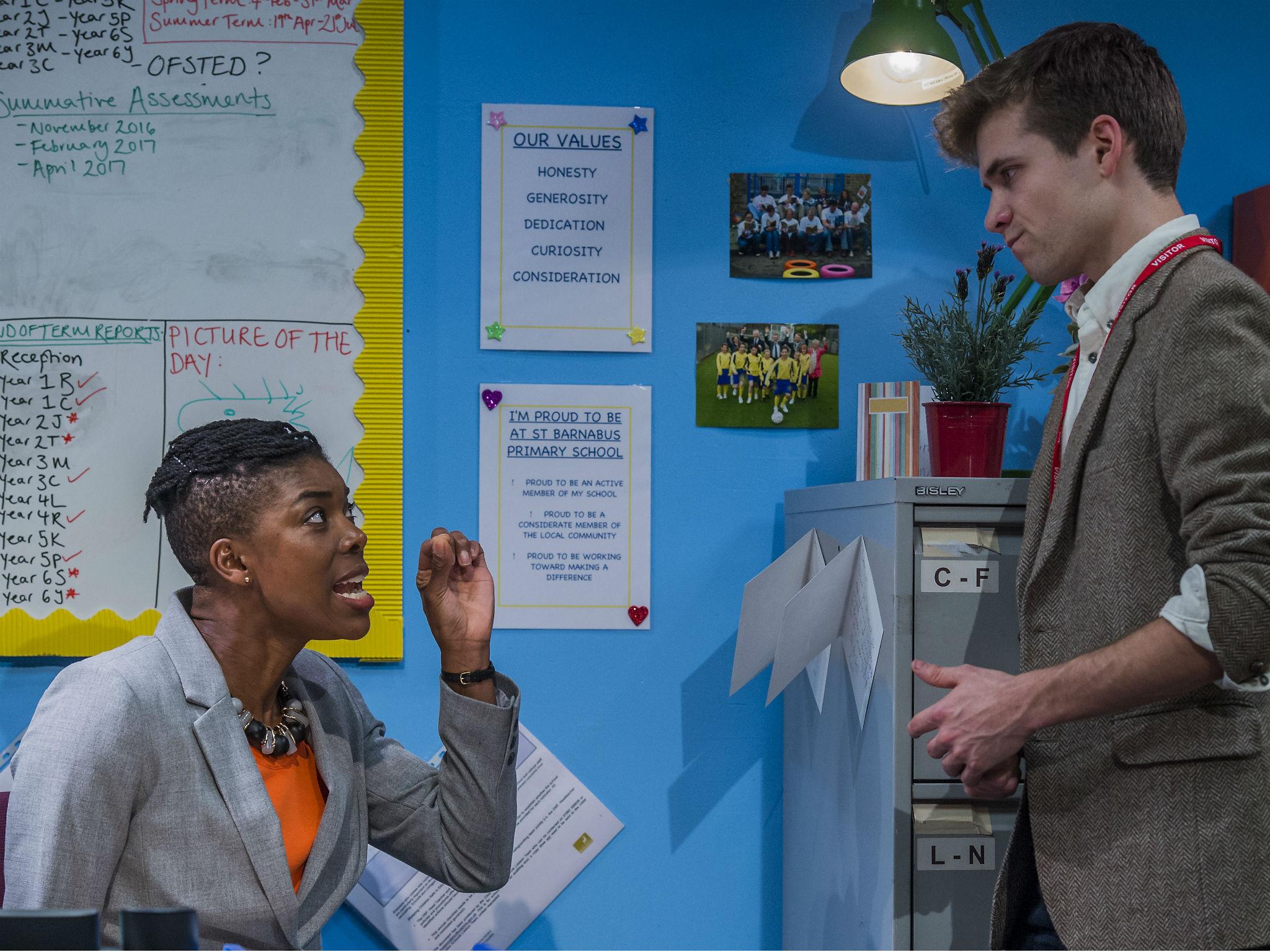
Your support helps us to tell the story
From reproductive rights to climate change to Big Tech, The Independent is on the ground when the story is developing. Whether it's investigating the financials of Elon Musk's pro-Trump PAC or producing our latest documentary, 'The A Word', which shines a light on the American women fighting for reproductive rights, we know how important it is to parse out the facts from the messaging.
At such a critical moment in US history, we need reporters on the ground. Your donation allows us to keep sending journalists to speak to both sides of the story.
The Independent is trusted by Americans across the entire political spectrum. And unlike many other quality news outlets, we choose not to lock Americans out of our reporting and analysis with paywalls. We believe quality journalism should be available to everyone, paid for by those who can afford it.
Your support makes all the difference.John Steinbeck wrote in Once There Was a War: “The theatre is the only institution in the world which has been dying for 4,000 years and has never succumbed. It requires tough and devoted people to keep it alive.”
The UK has long been celebrated for its rich heritage of creative talent and a vibrant, enduring theatre scene. But where budget cuts are running deep across government spending, the arts are proving an easy target. The cost of living crisis touching many people, not just creatives, is a huge challenge for playwriting, often a lengthy and time-consuming process. And whether or not we consider the theatre a dying art form, at the very least, competition for audience’s leisure time, hard-earned cash and imaginations is as intense as ever. As new playwright Liam Borrett, who had success with This Is Living last year, puts it: “People can watch The Crown on Netflix from bed for £8.99 a month, so you have to create something interesting enough to drag them out mid-winter for three hours at a cost of £30 or £40.”
Many theatres and foundations run schemes and initiatives – such as the biennial Bruntwood Prize, now open for 2017 submissions – to support as many new playwrights, in and out of London, to write and experiment as possible. Yet it remains risky for a building to put on a new play rather than a tried and tested classic, and increasingly artistic directors will shape their seasons through commissions for specific writers, rather than see what lands on their doorstep. So who are the next generation of “tough and devoted”, working to keep theatre alive in our age of austerity and ever-accessible digital entertainment? And how are they faring?
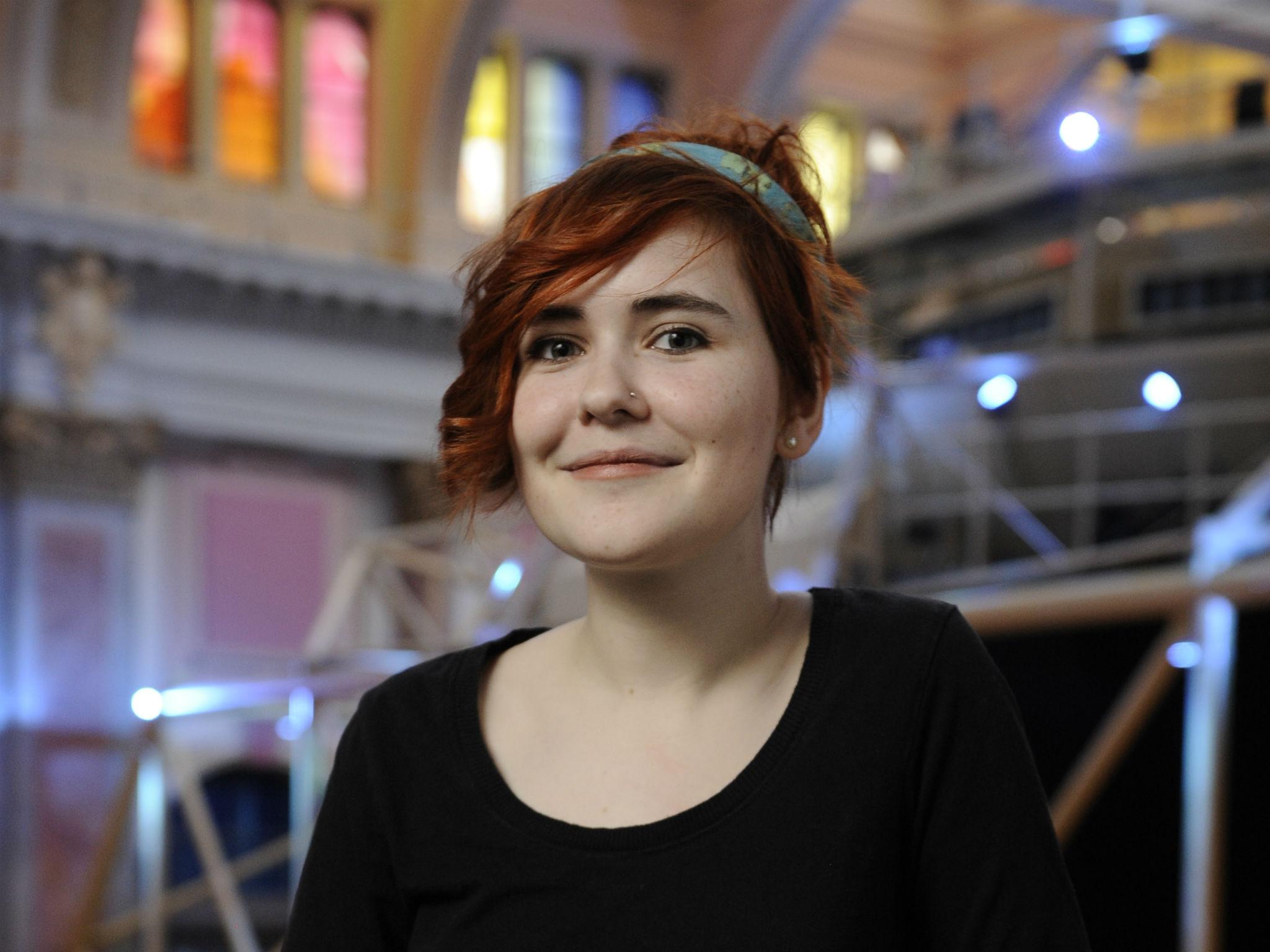
Alex MacKeith’s debut School Play has just opened at Southwark Playhouse. For 25-year-old MacKeith, there ought to be a platform for young playwrights as a means of engagement with current issues or dramatically presenting characters who have not been represented on stage before, a deeply important exercise for citizens who operate in society, “Increasingly we need to cultivate our sympathies for other people,” he says.
Having been part of a dynamic theatrical scene at university, it was his idea for School Play – about the realities of the school system in the UK, borne of his own personal experience as a tutor in a primary school – that he kept coming back to. Describing the naturalistic piece as “inventive reportage rather than pure invention”, the “shape-shifting beast” needed many iterations to keep up to date with frequent changes in policy. “It’s not a polemic on the education system,” he says. “Neither am I presenting an alternative. It simply asks questions, which is what plays should do.”
Katherine Soper, 2015 Bruntwood Prize winner, lauds such programmes for providing the feedback many aspiring writers, sending out work to theatres like unanswered “messages in a bottle”, crave. The 25-year-old feels a fetishisation of the young in theatre can be reductive and damaging at times, particularly if a writer gets feted for greatness on the basis of an early work when they might not have had a chance to hone their craft away from critical eyes. Yet in the current political climate, the voice of the upcoming generation – overwhelmingly for Bremain and opposed to Trump – does need to be heard.
With Wish List, currently on at the Royal Court, she did not set out to create a politically charged play; only when she started developing her story about the moralisation of work did she realise it was something she felt strongly about. For Soper, entertainment should not be pejorative: less about trite comparisons or a blunt tool for political statement it’s “about plugging into visceral things, the kinds of fears and emotions people are experiencing at a certain moment in time. When a new or canonical play engages with that, it will resonate.”
Playwright Chloe Todd Fordham, 30, praises initiatives and schemes for championing her writing but also admits facing a reality check in how difficult it is to write once making it onto the Royal Court’s writing programme. Through studying an MA and writing with Theatre 503, she developed Sound of Silence, which received a Bruntwood Judges’ Award in 2015. A bold and ambitious play, she is still working to see it staged, highlighting the often unseen slow burn of taking a play from its first writing to production. She says: “It’s a combination of being patient and staying confident in the value of what you have to say. Not giving up.”
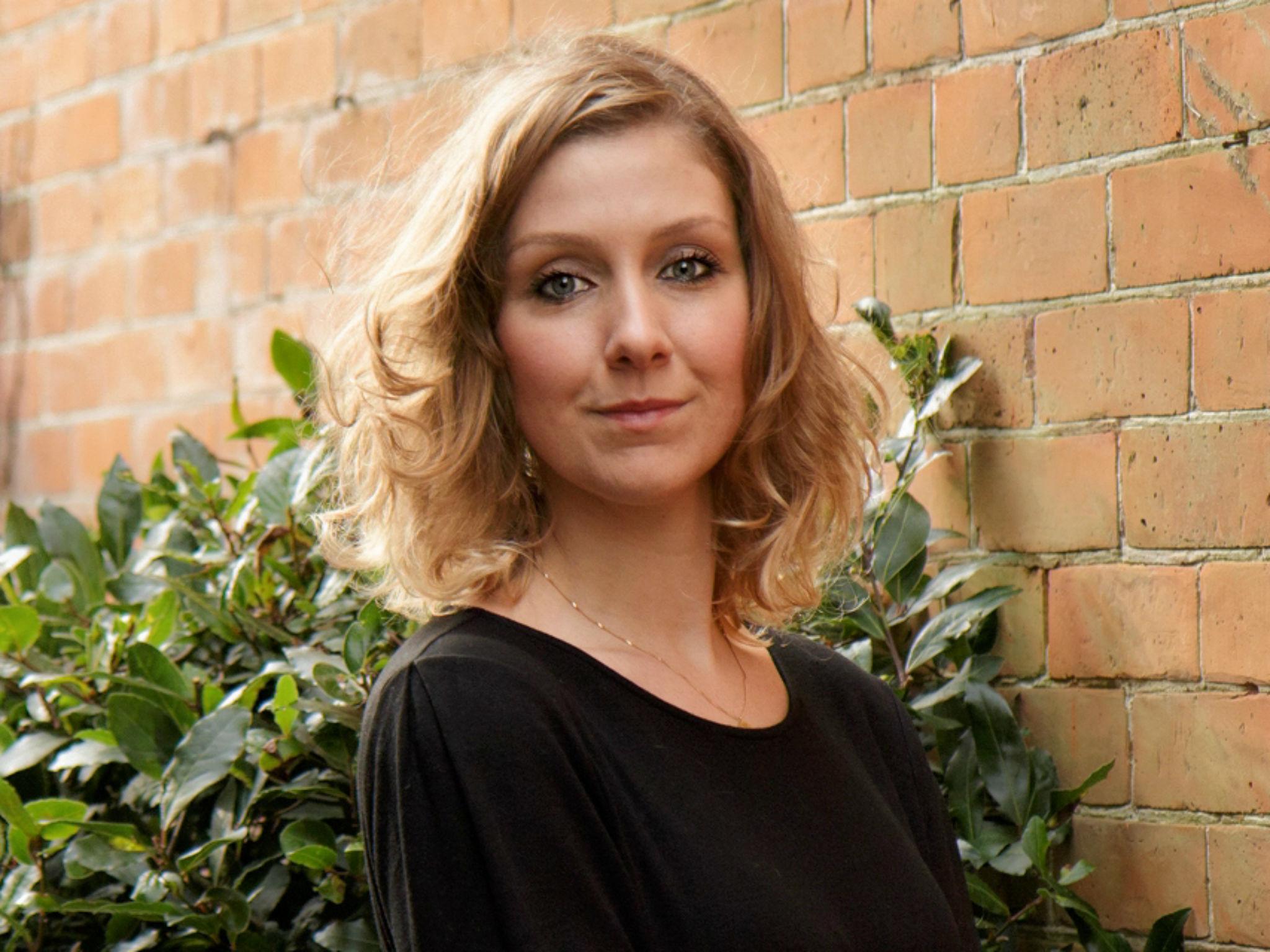
Scottish writer Stef Smith, 29, who had her London debut with Human Animals at the Royal Court last year and is developing Girl in the Machine for Scotland’s new writing theatre Traverse, is loathe to use the term “the regions”, but notes the different “ecosystems” surrounding making work not always visible through a pervasive London-centric lens. While the UK capital may hold more opportunities, the concentration of the theatre community in cities such as Edinburgh can afford closer connections and a nurturing environment for new writers.
Liam Borrett's This Is Living, his drama-school graduating piece about loss, was stage at Trafalgar Studios in the West End last year, having proved a hit at Edinburgh Fringe. “Getting people to come and see a two-hander about death at 11pm was likely not going to work,” he says. “But by word of mouth, there was a buzz.” Even so, he faced difficulties in getting it transferred, being turned down by eight theatres, often waiting a frustrating and demoralising nine to 10 months for the “no”: “You can’t just programme the same stuff. You need voices that reflect and deconstruct the society we’re living in.” For Borrett, 25, theatre should rarely be a passive experience: “There are days I go and watch a cosy musical. But the majority of the time I want to feel profoundly different and changed and most of the time upset by the end of it. That’s the cathartic experience you go to the theatre for.”
Ella Hickson, 31, writer of Oil, which was staged at the Almeida last year, started out self-producing but now works on commission for the likes of the RSC, the National Theatre and Almeida. She recognises both the agency and relative immediacy afforded by the former and the greater stability by the latter: “The production process between having an idea and getting it staged is not insignificant. In terms of a Zeitgeist, you are looking at a reflection of a cultural moment two years previous.” But Hickson, like many artists, is far more interested in ploughing energy into the ever-challenging task of writing a good play: “Writing is a bit like love, when it turns up, take it, and try not to worry about it too much when it's not there.”
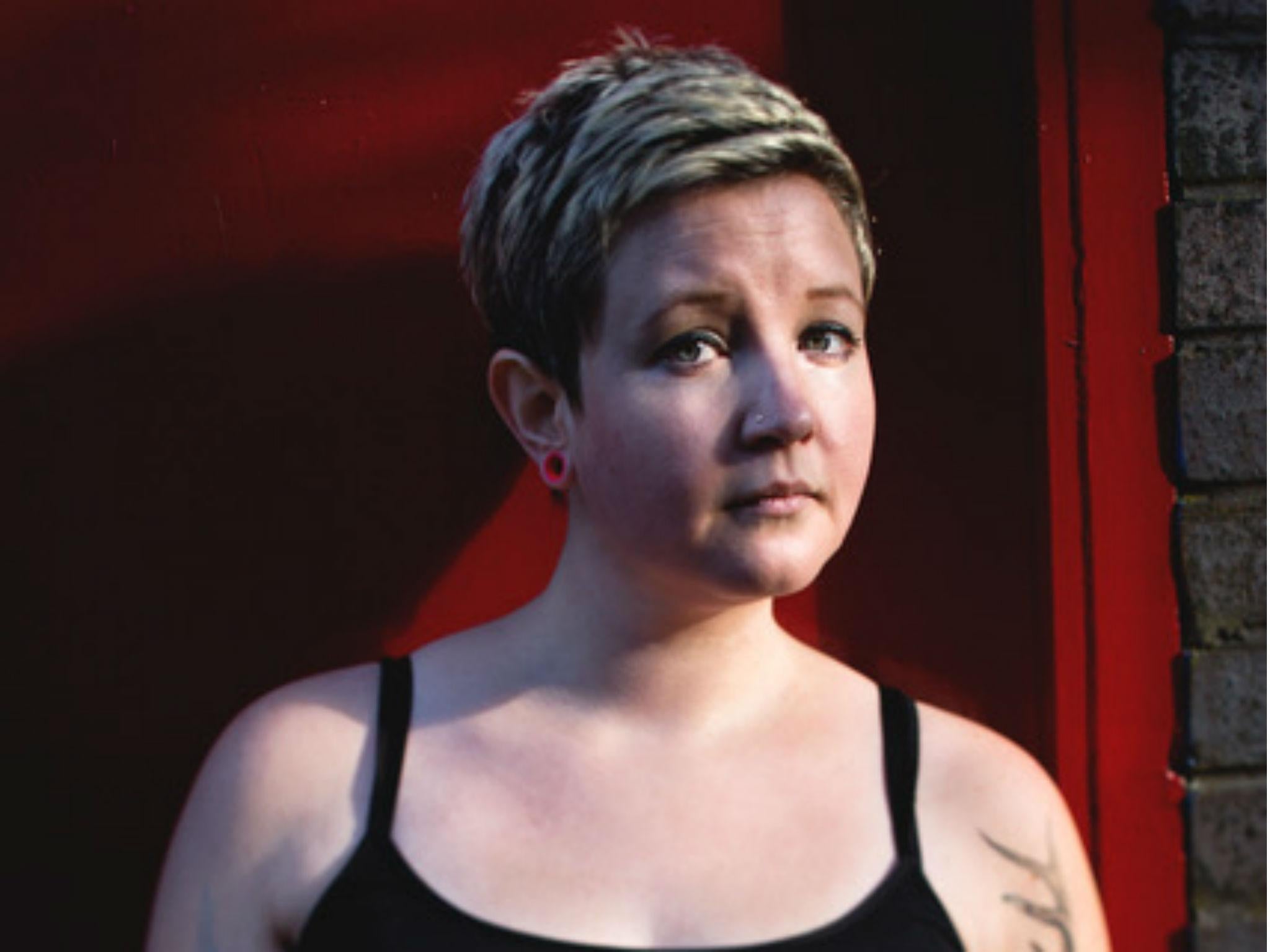
Lucy J Skilbeck, 28, emphasises the importance of finding the right place to incubate and develop your ideas, hers being through a BBC Fellowship at Derby Theatre and later setting up her own production company Milk Presents. Concerned with fracturing ideas of masculinity and femininity, she had ambitions to make a drag king play about Joan of Arc. With Joan playing in pubs, schools and in a Hull “UK City of Culture 2017” shopping centre for £2.50, Skilbeck has found “a really easy light touch way you can dialogue with some mega ideas”. Now preparing Bullish and directing a company of gender queer artists in Chekhov’s The Bear/The Proposal, for Skilbeck, theatre is the place and now is the time to be political. “Theatres should be places we grapple with things we don’t understand that will then leak out into the wider world,” she says.
Other playwrights such as Andrew Maddock, 30, are exploiting new routes to stage for their writing. Starting out with his own one-man show, Junkie, he self-produces his work, drumming up a following through social media, such as for He(Art): “The way I like to write is quite reactive - I want to write and get it on stage.” He sees this as a growing and exciting trend, comparing it to the grassroots movement of punk rock. “They reacted to something and created something, and I think that's what's happening in theatre right now,” he says. “People are tired of waiting.” He believes the fringe can raise the bar for everyone: a potential game changer.
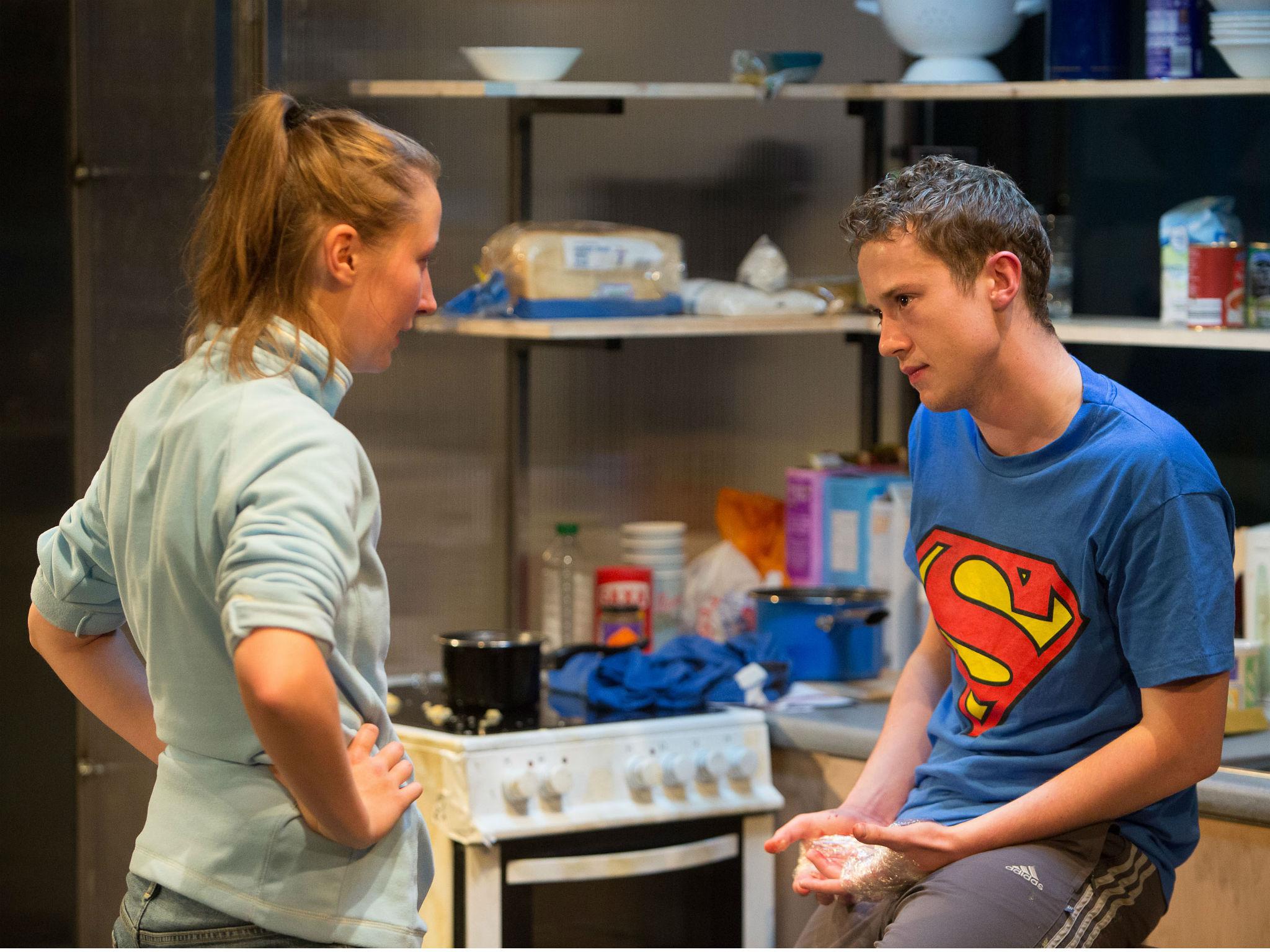
Alexander Zeldin, 31, who saw success with Beyond Caring last year and whose play Love is currently transferring from London to Birmingham, is pushing a new, more process-driven approach to theatre. He sees a shift toward more forms of writing and collaborative writing, involving actors heavily in developing his characters. His theatre is firmly rooted in concrete communities: “It’s important a play makes sense to people and is not removed in some literary bubble – that can happen in our theatre culture,” he says. He is now preparing to take Beyond Caring to Chicago’s Lookingglass theatre with David Schwimmer, exploring the play’s theme of zero-hour contracts with African-American and Latino workers in the US.
The threat to theatre’s longevity is not a new one. And perhaps the challenge is, as ever, to keep seeking new edges in old tales, bringing fresh stories to the stage and cultivating new audiences by engaging with contemporary issues and a new generation of theatre goers through schools, young people and presenting theatre as something that is not exclusive. Netflix has its attractions, as does the cinema. But there is something idiosyncratic about the collective live experience of theatre, particularly in the close quarters of fringe venues. As MacKeith says: “Once made accessible and non intimidating, the form does a lot of the work in keeping people engaged as it is so unique. In fact, it's addictive.”
'School Play' will be showing at Southwark Playhouse from until 25 February. The Bruntwood Prize is open for submissions until 5 June 2017
Join our commenting forum
Join thought-provoking conversations, follow other Independent readers and see their replies
Comments